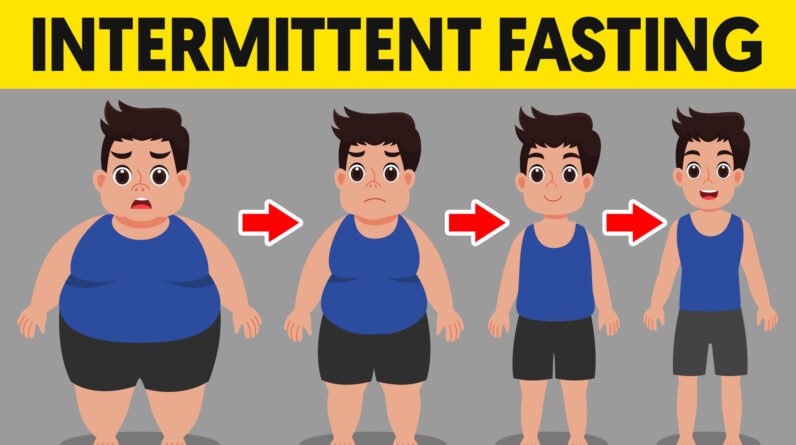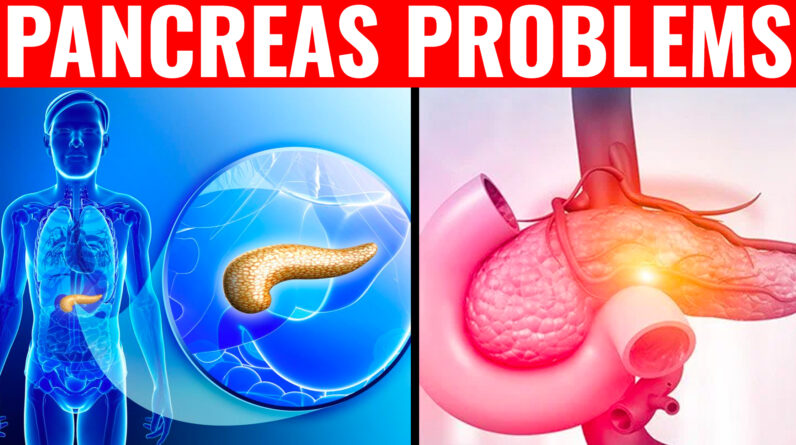
Looking to shed some weight quickly? Intermittent fasting might just be what you need.
So what exactly is intermittent fasting?
Intermittent fasting is a specific eating pattern that requires that you cycle between periods of eating and fasting.
There are many formats of intermittent fasting. And choosing the right one will depend on which format you find most suitable. The most popular intermittent fasting format is the 16:8 format.
With the 16:8 format, you are required to eat all of your day’s meal within 8 hours, while the remaining 16 hours of the day are to be spent fasting.
But how effective is intermittent fasting really, and is there scientific evidence to support its effectiveness? While some have dismissed intermittent fasting as just another dieting fad with no real scientific backing, the reality is that there is some evidence to show that intermittent fasting actually works!
So, in this article, we’ll be taking you through 8 benefits of intermittent fasting.
Before we begin with our list, be sure to smash that like button, subscribe to our channel, and hit that bell icon so you won’t miss any of our upcoming articles.
Without much ado, let’s begin.
Number 1 – Reduced Insulin Resistance
Insulin resistance is a marker of type-2 diabetes. And according to a study published in Nutrients, fasting can help to induce a reduction in insulin levels which, in turn, can play a vital role in reducing the risk of type 2 diabetes.
Although more research work will be needed to establish this, there are strong indications that because intermittent fasting resets insulin, it can help to stabilize blood sugar levels in people with diabetes.
According to a study published in Nutrition and Healthy Aging, the adoption of the 16:8 intermittent fasting approach resulted in the reduction of Insulin resistance in a group of volunteers.
However, the results were not significantly better than those in the control group. But, as we said earlier, more extensive research is required to confirm this possible benefit of intermittent fasting as only a small group of volunteers was used in this study.
Number 2 – Changes in hormones, cells and genes.
When a person stays away from food for some time, their body begins to make certain adjustments to cope with the absence of food. One of such changes is the reduction of insulin which we have touched on in the previous point.
In addition to that, the blood levels of human growth hormone may dramatically increase during intermittent fasting. These increased levels of growth hormones induce fat burning and muscle growth. Besides these, researchers suspect that there are other uncovered healthy benefits as well.
Intermittent fasting also induces important cellular repair processes including the removal of waste material from body cells. They may also be beneficial to changes in genetic codes and molecules with respect to longevity and protection against disease.
In fact, many of the benefits of intermittent fasting are a result of these changes in hormones, cell functions, and gene expressions.
Number 3 – Reduces oxidative stress and inflammation in the body
Oxidative stress is one of the primary factors that lead to aging. It is also responsible for a host of chronic diseases. But what exactly do we mean by the term, oxidative stress?
It involves a group of unstable molecules also known as free radicals. In the human body, free radicals react with other key molecules such as protein and DNA. However, these reactions are detrimental to human health as they damage protein molecules and DNA. As such, it is important to avoid processes that could induce oxidative stress.
Intermittent fasting promotes the body’s resistance to oxidative stress. Many research studies have shown that intermittent fasting also helps to reduce inflammation in the body, which is normally responsible for a host of common diseases.
Number 4 – Could help prevent cancer
Cancer is one of the world’s deadliest killers. Not only are they very easy to miss early on, but also, most cancers have no cure when they enter advanced stages. Cancer is described as uncontrolled cell growth. If it isn’t diagnosed early, it could lead to death.
That said, fasting has been found to be beneficial when it comes to reducing the risk of cancer and this is because intermittent fasting has several positive effects on metabolism.
Many studies have been conducted on animal specimens to mimic intermittent fasting in humans and it was discovered that it reduces the risk of cancers. Similar research conducted with humans has also yielded the same results. However, the research is still in its early stages. So, more work needs to be done here.
Apart from reducing the risk of cancers, intermittent fasting has also shown promise in helping to reduce the various side effects of chemotherapy in humans.
Number 5 – Helps with improved brain functions
Not many people would link intermittent fasting with improved brain health. If anything, it is more intuitive to think that fasting will be detrimental to brain health.
However, intermittent fasting supports the idea that what is good for the body is also good for the brain. Research shows that intermittent fasting helps to improve various metabolic features that are known to be important for a healthy brain.
Like we have pointed out earlier, intermittent fasting helps to reduce insulin resistance, inflammation, oxidative stress, and blood sugar levels. All these also have a positive effect on the health of the human brain.
In addition to this, intermittent fasting is known to increase the levels of a brain hormone called brain-derived neurotrophic factor or BDNF, for short. A deficiency of this hormone has been linked to mental health issues like depression and many other brain problems.
Also, intermittent fasting could help prevent strokes. There are no definitive studies on humans in this regard. However, animal studies have shown that intermittent fasting could help alleviate damages resulting from strokes.
Number 6 – Could help prevent Alzheimer’s
Staying with the potential benefits of intermittent fasting to brain health, intermittent fasting has shown promise in helping to delay the onset of Alzheimer’s disease or to reduce its severity.
Alzheimer’s is the world’s most common neurodegenerative disease, and it currently has no cure. The best bet against this disease is prevention. And intermittent fasting could be of help in that department.
While most of the research work on the effects of intermittent fasting on Alzheimer’s disease has been conducted on animals, they have produced strong indications that intermittent fasting could help to protect against other neurodegenerative diseases in humans, diseases such as Parkinson’s disease and Huntington’s disease.
Number 7 – Provide a better night’s rest
If you’ve gone to bed with a bulging tummy, then you’ll know how uncomfortable it can be and how your diet can have an impact on the quality of your sleep.
If done properly, with intermittent fasting, you should never have any reason to go to bed with a full stomach. So, it’s no surprise that many people who practise intermittent fasting have reported improvements in the quality of their sleep.
To explain this, one has to consider the effects of intermittent fasting on circadian rhythm which is responsible for our sleep patterns. With a regulated sleep pattern, you’ll fall asleep more easily, waking up feeling refreshed and well-rested. While many intermittent fasting practitioners report this to be the case, a lot of research is needed to explain this better.
Apart from the possible effects of fasting on circadian patterns, intermittent fasting would mean that one has to eat their last meal hours before retiring to bed. This implies that the last meal would have digested before you hit the bed, allowing you to enjoy a deep, restful sleep.
Number 8 – Helps to lose weight
Of course, when you think about intermittent fasting, the first thing that comes to mind is weight loss. In fact, most intermittent fasting practitioners do it for that purpose.
Ideally, intermittent fasting causes you to eat fewer meals which, in turn, makes you take fewer calories. And that should translate to weight loss if you maintain regular activity levels during the day.
In addition to this, intermittent fasting also enhances hormonal functions which help to facilitate weight loss. A reduction in insulin levels, coupled with higher human growth hormone levels, and an increase in the amounts of noradrenaline in the body, all result in the increase of the breakdown of body fat which the body then uses as an energy source.
Because of this, intermittent fasting increases your body’s metabolic rate, causing you to burn more calories and loose weight.







